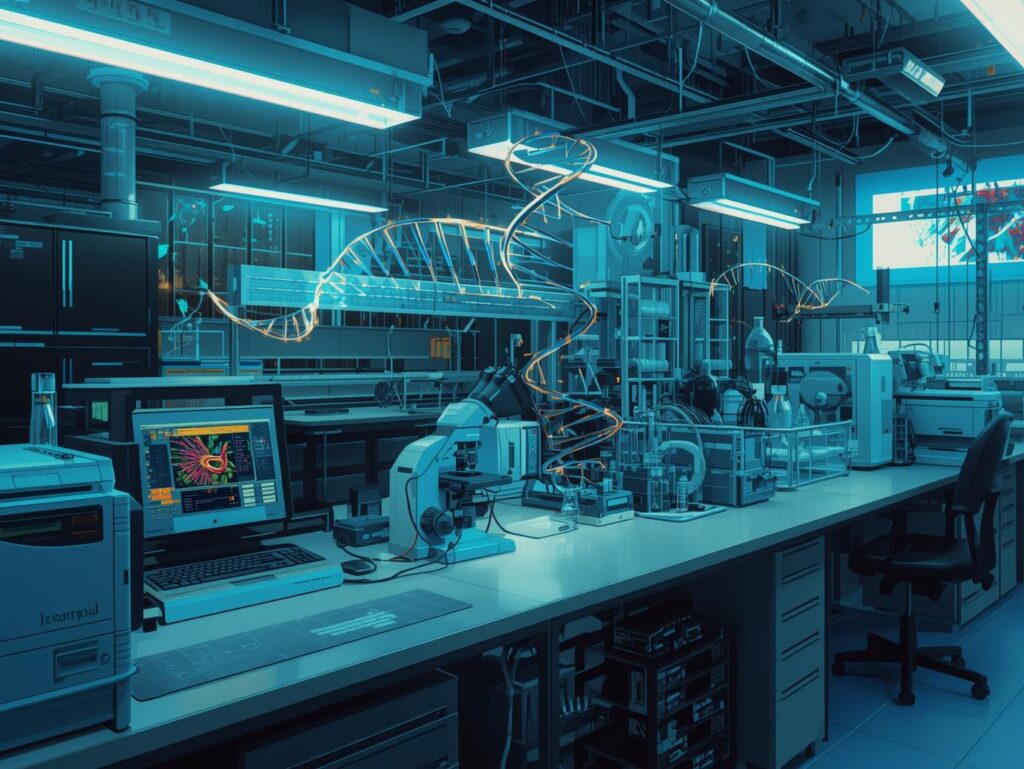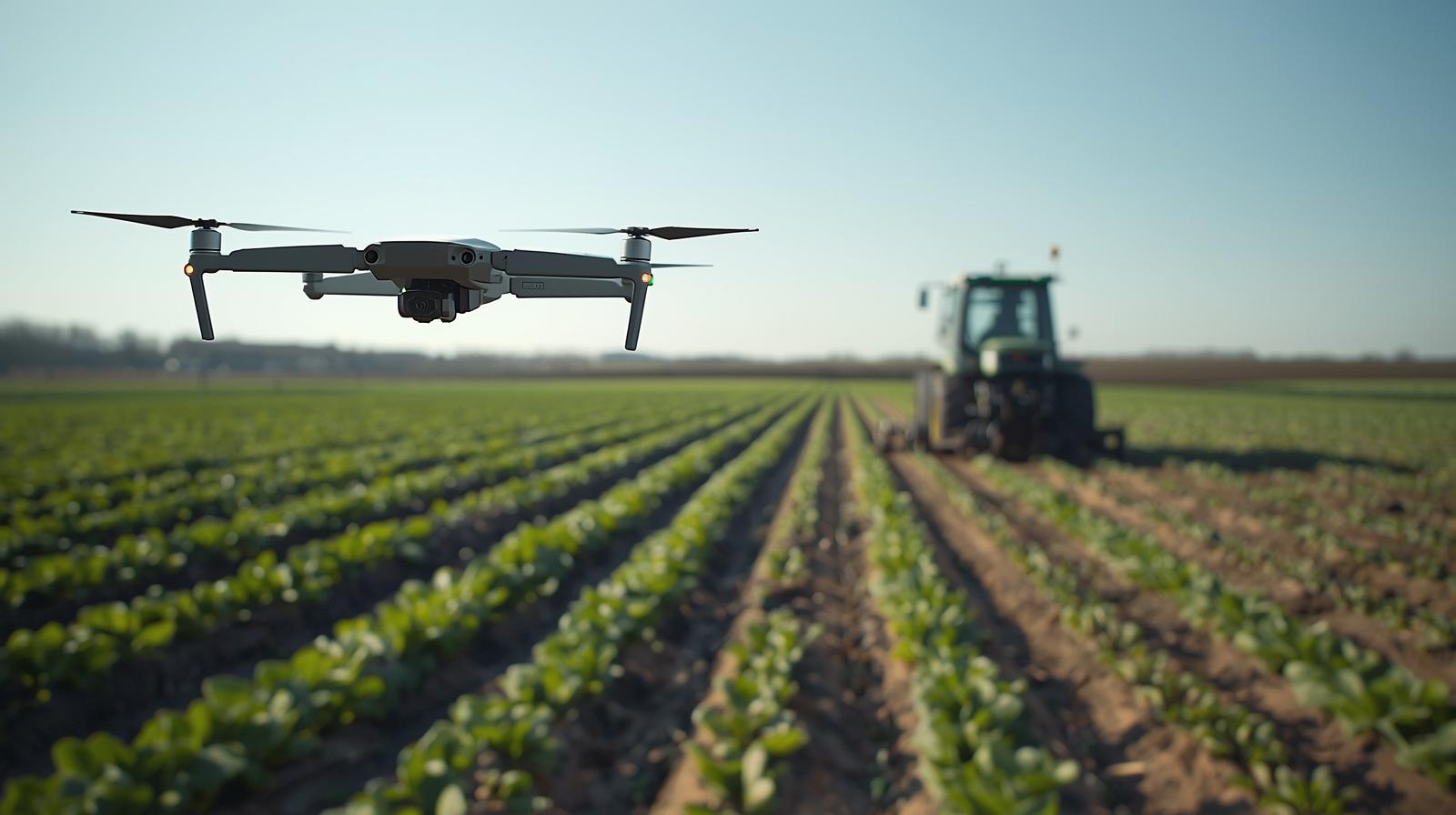In today’s fast-paced world, emerging technologies are redefining the boundaries of what is possible. These cutting-edge advancements are not only transforming industries but also influencing everyday life in profound ways. As innovation accelerates, staying informed about emerging technologies becomes crucial for businesses, researchers, and policymakers alike. This article explores some of the most impactful emerging technologies, highlighting their potential to revolutionize science, technology, and society.
Understanding Emerging Technologies
Emerging technologies refer to new and developing innovations that have the potential to significantly alter existing systems or create entirely new paradigms. Unlike established technologies, these are often in the early stages of adoption but promise rapid growth and widespread influence. Emerging technologies frequently combine advancements in fields such as computing, biotechnology, materials science, and artificial intelligence, resulting in transformative capabilities.
Artificial Intelligence and Machine Learning
Artificial intelligence (AI) and machine learning are at the forefront of emerging technologies. These technologies enable computers to analyze vast datasets, recognize patterns, and make decisions with minimal human intervention. AI is driving innovation across sectors including healthcare, finance, transportation, and entertainment. For instance, AI-powered diagnostic tools improve medical outcomes by providing faster and more accurate analysis, while machine learning algorithms optimize supply chains and personalize consumer experiences.

As AI systems become more sophisticated, ethical considerations and transparency are gaining importance to ensure responsible development and deployment.
Quantum Computing
Quantum computing represents a paradigm shift in computation by leveraging the principles of quantum mechanics. Unlike traditional computers that use bits to represent data as zeros or ones, quantum computers use quantum bits or qubits, which can exist in multiple states simultaneously. This capability allows quantum computers to solve complex problems far beyond the reach of classical computers.
Potential applications include drug discovery, cryptography, optimization problems, and climate modeling. Although still in the experimental phase, quantum computing promises to unlock new scientific insights and technological breakthroughs.
5G and Beyond
The rollout of 5G networks is revolutionizing connectivity by offering unprecedented data speeds, lower latency, and the capacity to connect billions of devices. This technology is a cornerstone for the growth of the Internet of Things (IoT), enabling smart cities, autonomous vehicles, and real-time remote monitoring systems.
Looking ahead, research into 6G aims to further enhance communication capabilities, supporting even more immersive technologies such as holographic communication and advanced augmented reality experiences.
Biotechnology and Genetic Engineering
Biotechnology is evolving rapidly with advances in genetic engineering, synthetic biology, and personalized medicine. Techniques like CRISPR gene editing allow scientists to modify DNA with precision, opening possibilities for treating genetic disorders, improving crop resilience, and developing sustainable biofuels.

Personalized medicine, which tailors treatments based on an individual’s genetic makeup, is gaining momentum, promising more effective healthcare outcomes and reduced side effects.
Renewable Energy Technologies
As the world grapples with climate change, emerging renewable energy technologies are critical for sustainable development. Innovations in solar power, wind energy, and energy storage systems are making clean energy more efficient and affordable. Breakthroughs in battery technology, such as solid-state batteries, offer higher energy density and faster charging, which are essential for the widespread adoption of electric vehicles and grid storage solutions.

These technologies support the transition to a low-carbon economy and help reduce dependency on fossil fuels.
Advanced Robotics and Automation
Robotics technology continues to evolve with more intelligent, adaptable, and autonomous machines. Emerging robotics applications span manufacturing, healthcare, agriculture, and logistics. Collaborative robots, or cobots, work alongside humans to enhance productivity and safety.
Automation powered by robotics not only improves efficiency but also addresses labor shortages and repetitive task management. The integration of AI with robotics is enabling more sophisticated decision-making and problem-solving capabilities.



